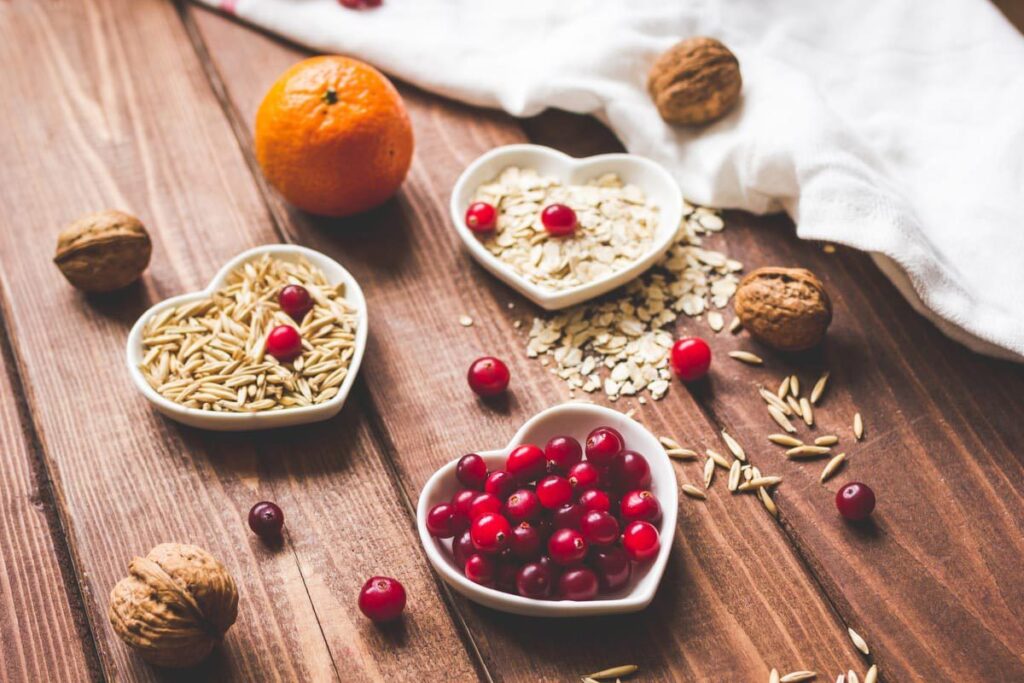
We hear the words Heart Healthy a lot, especially when it comes to our nutrition.
By now, you’re likely used to seeing cereals with the “heart healthy” moniker. Is it really heart healthy? We all too frequently refer to foods as “heart healthy”, or we say that our doctor gave our hearts a “healthy” checkup.
It all sounds nice. But what does it mean? How do we define heart health?
How does LDL Cholesterol affect Heart Health?
Unfortunately, most of our current definitions center around LDL cholesterol concentration. While LDL cholesterol plays a role in heart health, it by no means defines heart health in totality.
In fact, in many cases it is the least important factor.
Our healthcare system has simplified things too much, so as a result we focus on one bad guy, one demon to fight. In reality heart disease is caused, and made more likely to occur, by a constellation of contributing issues.
Elevated blood sugar, elevated insulin levels, inflammation, high blood pressure, poor nutrition, and yes, lipids all contribute to heart health. It does us all an injustice to over simplify it to one single cause.
What food is heart healthy?
Our superficial definition of cardiac risk is how industrial seed oils containing polyunsaturated fatty acids (PUFAs) became known as “heart healthy.”
Studies show that they can lower LDL. But they can also increase inflammation and have no clinical benefit and even increase risk of dying. According to our simplified definitions, that doesn’t stop them from being defined as “heart healthy.”
That’s right! Something that increases our risk of dying is still termed “heart healthy.” How’s that for a backwards medical system?!
Same for blood sugar. If you have a diagnosis of Type 2 Diabetes (DM2) that is a risk for cardiovascular disease. If you don’t have the diagnosis, you are fine. That ignores the disease of insulin resistance that can predate diabetes for decades and increases the risk of heart disease and possibly even cancer and dementia.
Cereal can also be called “heart healthy” as they may minimally lower LDL. But is that a good thing if they contain grains that also worsen your insulin resistance and metabolic syndrome? I say definitely not.
Time has come to stop this basic, simplified evaluation and start looking at the whole picture.
How Low Carb High Fat Diets Improve Heart Health
Low carb high fat diets have been vilified as they can increase LDL. But the fact of the matter is that it does so only in a minority of people. The truth is that they can improve everything else!
These diets reduce blood pressure, reduce inflammation, improve HDL and triglycerides, and reverse diabetes and metabolic syndrome! Shouldn’t that be the definition of “heart healthy” we seek? Instead of focusing on one isolated marker, shouldn’t we define heart health by looking at the whole patient?
Only by opening our eyes and seeing the whole picture of heart healthy lifestyles can we truly make an impact on our cardiovascular risk and achieve the health we deserve.
Join me in demanding more. Demand better.
Thanks for reading,
Bret Scher, MD FACC
